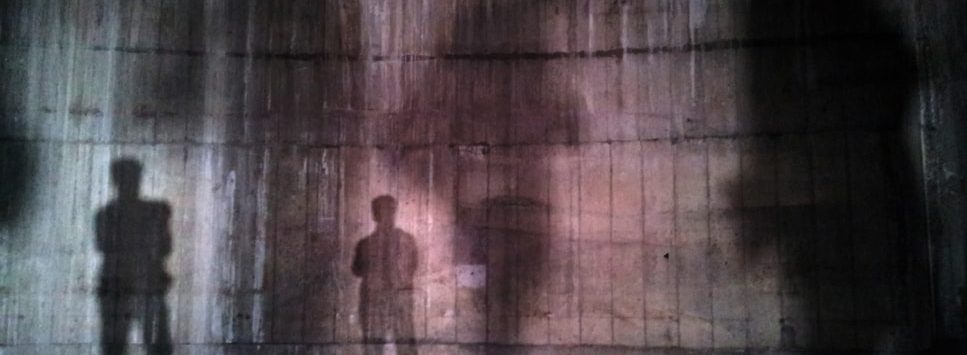by Aaron Costello
This story is part of our blog series called “Stories from the OCD Community.” Stories from the community are submitted and edited by Toni Palombi. If you are interested in sharing your story you can view submission details at www.iocdf.org/ocd-stories.
I was first diagnosed with obsessive compulsive disorder (OCD) when I was 24 years old, although I had experienced symptoms as far back as elementary school.
Think about that: I was engaged in battle with a severely debilitating disorder for years — and I didn’t even know it. I think Sun Tzu summarizes it best:
“If you know the enemy and know yourself, you need not fear the result of a hundred battles. If you know yourself but not the enemy, for every victory gained you will also suffer a defeat. If you know neither the enemy nor yourself, you will succumb in every battle.”
Countless times, I’ve heard other OCD sufferers say that they either did not know they were suffering from OCD, or they knew but were too ashamed to come forward about it.
This fight in the shadows is where OCD sufferers are most vulnerable: they are alone and unaware of how to combat the issues they’re facing. In my experience, this can lead to a rapid escalation of OCD symptoms and a severe degradation of quality of life.
In my case, I was blindly battling OCD symptoms for almost two decades and the symptoms only worsened. My intrusive thoughts and subsequent compulsive behaviors infiltrated and impacted every aspect of my life: intimate and familial relationships, job performance, and even physical health and hygiene.
When I began to experience suicidal ideations in my early 20s, I decided to get help. I checked myself into a hospital where I received intensive treatment for a week, including a psychiatric evaluation; I was officially diagnosed with OCD during this time. The diagnosis felt like a beam of light shining down on me. I finally understood what I was suffering from, and the steps I needed to take to confront it. During the week in hospital, I received a combination of medication management and mindfulness therapy. Upon discharge, I was placed into an outpatient therapy plan following the same principles.
After leaving the hospital, my first move was to go to the local library and find as many books as I could about OCD. I began reading the first book and didn’t stop until I had finished reading all five. My next step was to seek out an OCD support group in my area. During my first meeting with the OCD Jacksonville group, I’d never felt more at home. I could relate to others who understood my situation and vice versa. For the first time, I felt a sense of hope.
My experiences of feeling supported by others in my support group was what motivated me to write this piece. By spreading awareness, hopefully I can reach someone else out there who is struggling all alone.
My advice to anyone battling alone: take that step, go out and seek help. I promise, the OCD community is here to receive you with open arms. After all, my path to recovery was only possible because I decided to take my fight out of the shadows and shine a light on my struggle with OCD.
Aaron Costello works as a Loss Prevention Supervisor (full-time) and a Military Intelligence Officer for the Florida Army National Guard (part-time). He is an advocate for mental health awareness, most specifically OCD. Aaron is a big football guy and loves the Jacksonville Jaguars.


Sun tzu don’t know who that is but very true thanks for sharing I’ve had ocd as a kid kinda went away for highschool and college but then came back I want to say in my 30s but was manageable now 43 and it’s excuse my language it’s kicking the sh*t out of me 24 hrs a day should seek help but keep putting it off would like to find a support group people that know what this hell is like
Hi Jesse,
This page contains information on support groups: https://iocdf.org/ocd-finding-help/supportgroups/.